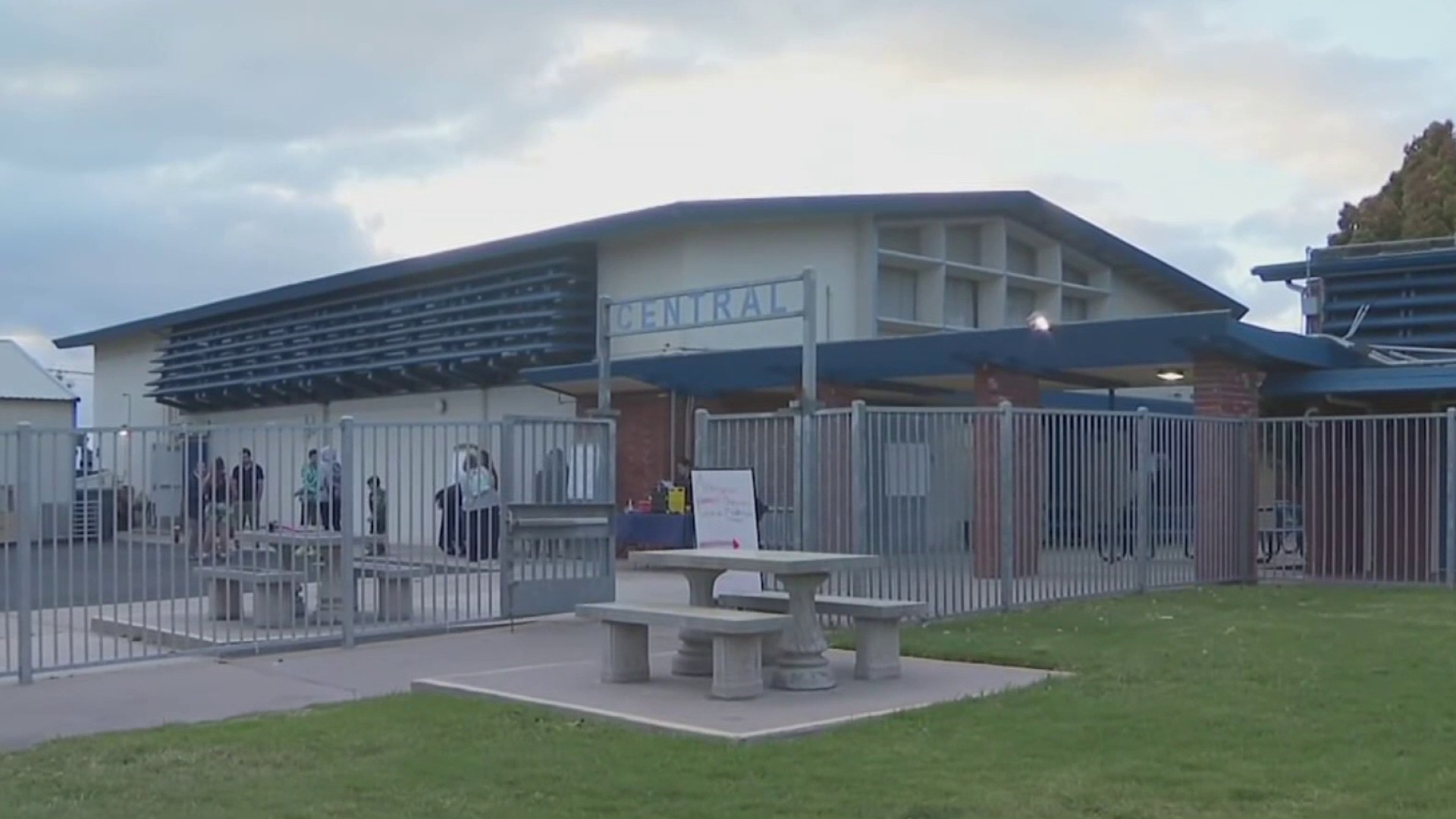With one of the nation's most expensive cities as his backdrop, Gov. Jerry Brown signed legislation Friday aimed at tackling California's growing affordable housing crisis.
Fifteen bills were signed outside a San Francisco affordable housing complex by Governor Brown, calling it the "biggest bill signing he'd ever seen." The core framework of these bills concerned people's shelter and he hopes it will make governments accountable for producing housing.
The bills inlcude money to build more affordable housing and policies to speed up stalled construction. Lawmakers and advocates cheer the package as the most significant housing policy to come out of Sacramento in years.
"It's a big deal that finally the state of the housing crisis has reached a place where these things have become politically viable," said Fernando Marti, co-director of the San Francisco Council of Community Housing Organizations.
But it will be several years before affordable housing units start popping up across the state and, when they do, they won't cover California's full demand. The state lacks an estimated 1.5 million affordable homes compared to demand. Money from the package of bills, meanwhile, is expected to help build up to 90,000 affordable rental homes in the next seven to 10 years, said Matt Schwartz, president of the California Housing Partnership.
Still, Schwartz and others argue the legislation moves in California is a positive direction on housing. Brown eliminated redevelopment money that provided $1 billion in affordable housing money annually to help balance the state budget in 2012, a move Schwartz and other advocates say hurt the state's affordable housing market.
"That put the state's production into this huge tailspin that we've been in ever since," Schwartz said. The new legislation, he said, "changes the dynamics and tells the developers they can count on state investment again."
Local
The package centers on three bills. One will put a $4 billion affordable housing bond before voters next year, meaning it's still not guaranteed. A second imposes a new $75 fee on real estate transaction documents, expected to bring in $200 to $300 million annually. The third aims to streamline regulations that can slow down affordable housing construction.
The rest of the bills likewise ease regulations or make other changes to speed building along.
Lawmakers passed the bills during the final week of session in mid-September, with the real estate transaction fee nearly faltering in the Democratically controlled Assembly. In previous years, Brown and legislative leaders had been unable to reach agreement on a housing fix, with Brown arguing for regulatory reform and lawmakers pushing for more money.
The funds and the 'feet to fire' approach could catalyze 14-thousand homes in California a year, but that is still shor tof where the housing should be. By some estimates, California is about 100,000 units hort of what's already planned to keep up with population growth.



